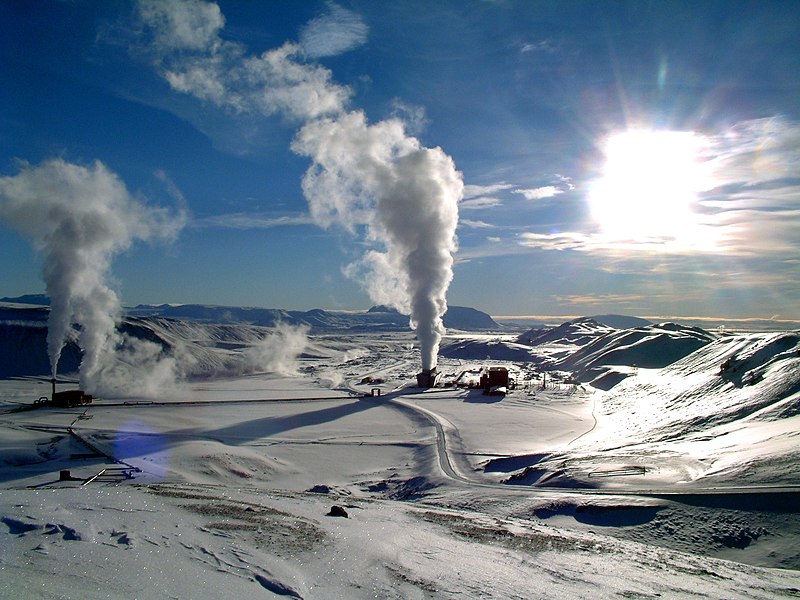IndustryTap reported on the “West Texas Plant Explosion that Registered 2.1 on the Richter Scale” and resulted in the deaths of 15 people and the destruction of nearby private property. In the wake of the disaster, then-President Obama issued an executive order directing a broad multi-agency safety review of the warehouse explosion. The result was an EPA regulation that went into effect in December 2016 encouraging better communication among emergency responders, requiring independent third-party accident audits, and promoting safer manufacturing methods.
Now, the new U.S. Congress is considering blocking this recent modification to the chemical industry’s 25-year-old risk management program at the behest of 21 business groups that include chemical industry organizations like the American Chemistry Council and the Society of Chemical Manufacturers & Affiliates.
With the new Trump administration in power and Republicans controlling both houses of Congress, rolling back regulations has become a central theme as American companies seek to level the playing field with the rest of the world.
Chemical Plant Incidents Around the World
Just this week in India, a huge fire broke out at the Gujarat Alkalies & Chemicals Ltd. (GACL) chemical factory in Dahej, leading to the evacuation of 1,500 people in an adjacent village at 3:30 in the morning. And who can forget the “Enormous Explosions, Huge Fireballs Rock Rianjin, China.”
The size and frequency of huge chemical-related disasters around the world is telling in several ways. First of all, in developing countries, regulations are often lax or nonexistent. This gives companies located there a huge competitive advantage vis-à-vis similar companies operating in advanced countries. The existence of expensive regulations in the United States ultimately ends up putting US companies out of business or causing them to move operations overseas.
Uneven Global Regulations Lead to Unfair Competitive Advantages
Over the past three decades, the world’s governments have been unable to level the playing field from a wage and regulatory standpoint. For example, if China doesn’t have wages and regulations similar to those in the US, it should be unable to sell its goods in the US market without paying tariffs. However, this type of international system has proved impossible to propose, let alone implement. Those with the material means to move operations overseas to take advantage of low wages, and a lack of regulatory oversight have made enormous profits over the years, and supporting a system of “fair trade” to protect workers was never taken seriously.
A case in point is a $10 billion Exxon-Saudi Chemical Plant proposed for the towns of Portland and Gregory near Corpus Christi, Texas. The project would receive a tax abatement of $460 million over 20 years, create 600 permanent jobs, and 11,000 temporary construction jobs. But the plant may be voted down by the local community school board. Local citizens and protesters believe the plan is a danger to the community while those who will operate it say “we operate these plants safely every single day.”
The following is an overview of the role chemicals and the chemical industry play in modern life.







